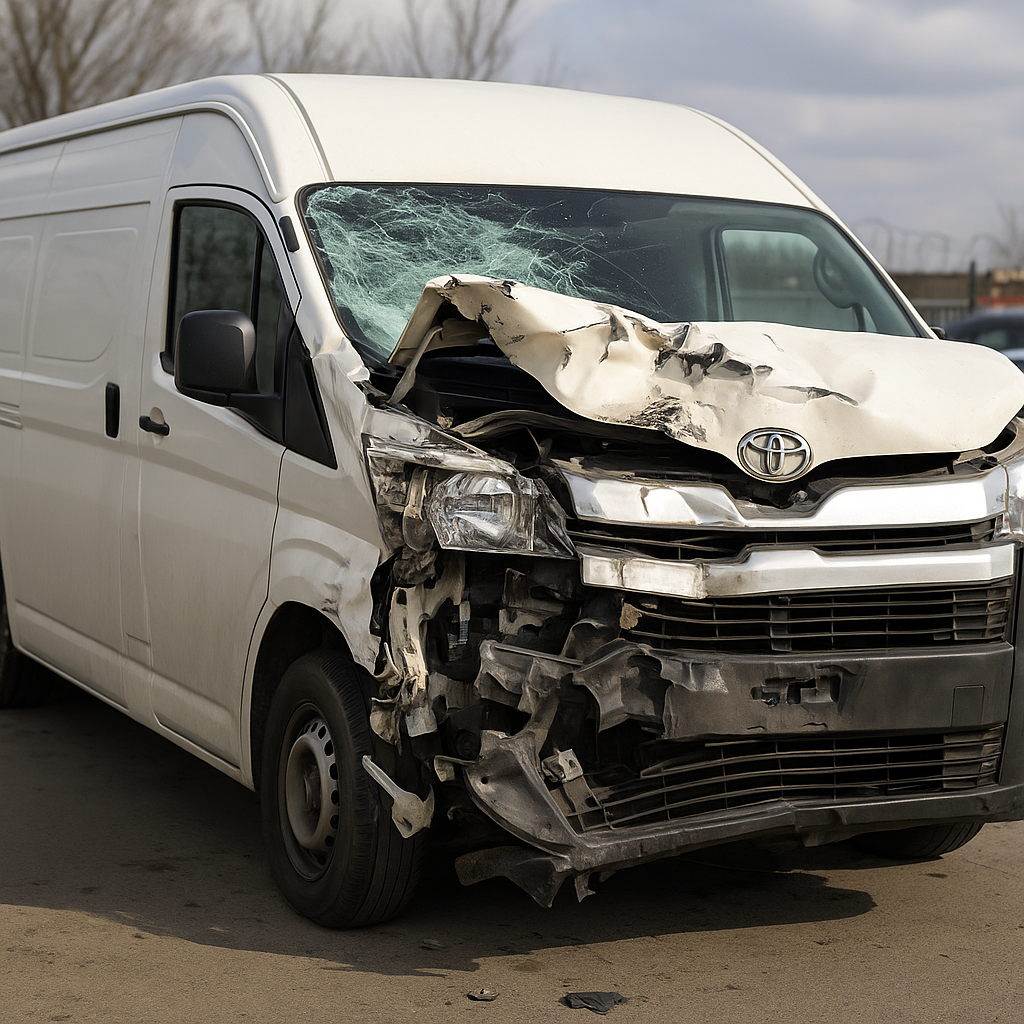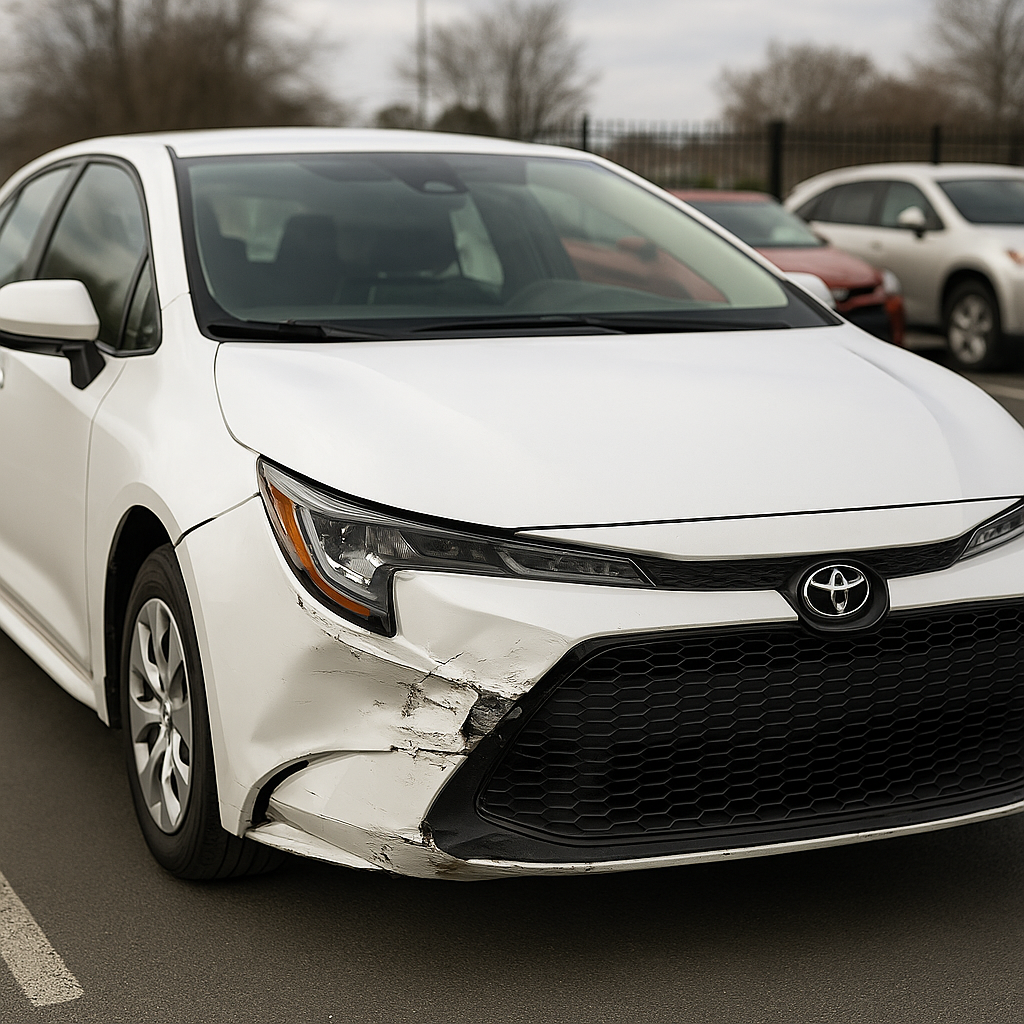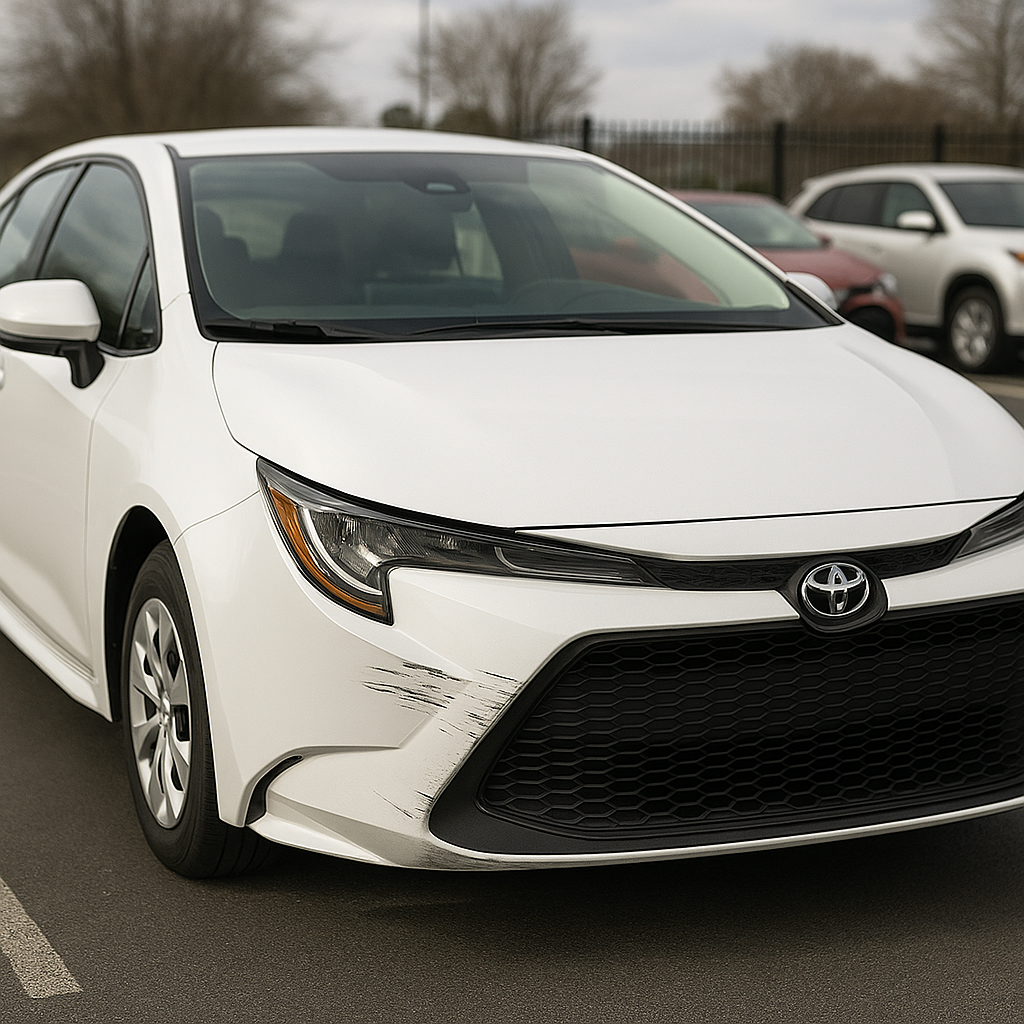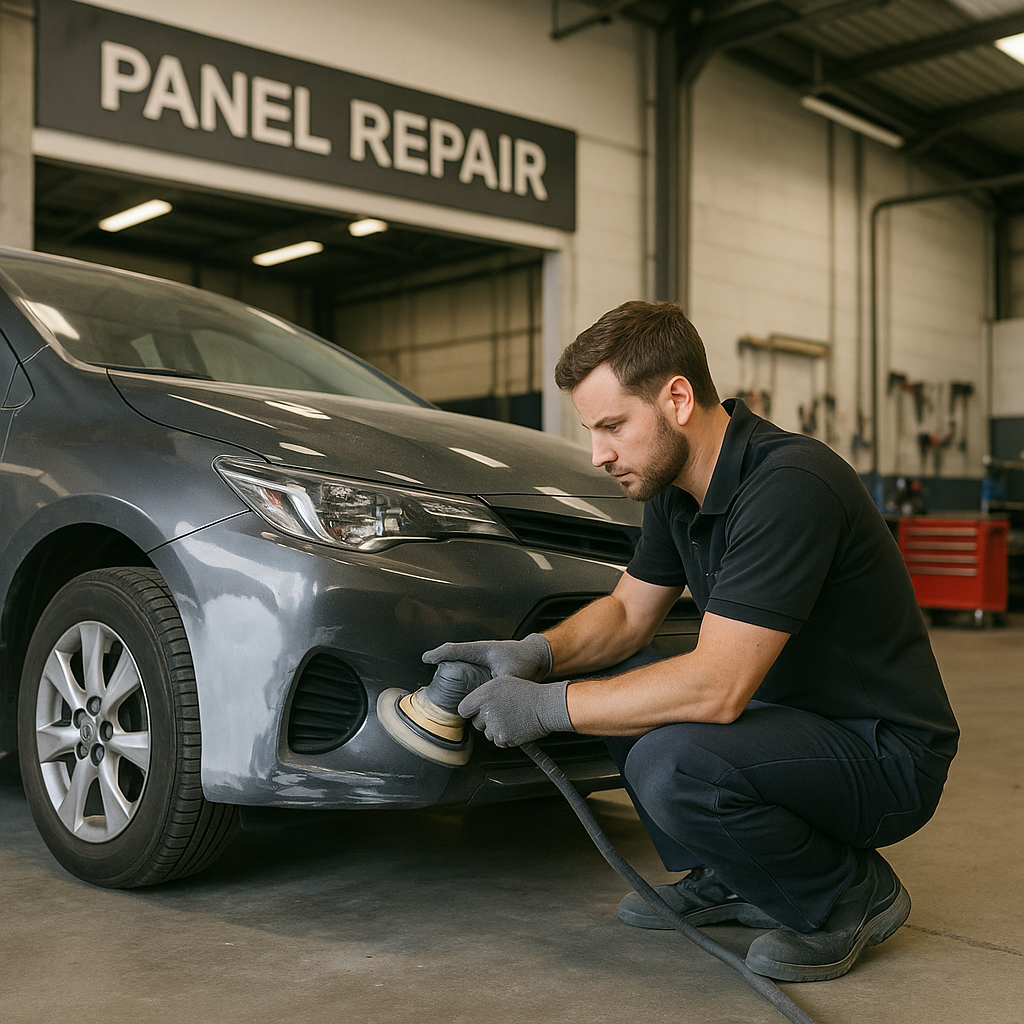A Turo Host’s Playbook for Damage Claims (and How Repair Relationships Save You Money)
Running a fleet on Turo means sooner or later you’ll deal with damage. The difference between a stressful claim and a smooth resolution usually comes down to process and partnerships.
Here are a few lessons I’ve learned that keep my cars on the road and my costs under control:
1. Know When to Settle Directly vs. Escalate
Not every scratch needs to go through Turo’s claim team. Small issues with cooperative guests can often be sorted directly, saving everyone time. Bigger or safety-related damage? That’s when I escalate and let Turo’s process handle it.
2. Claims Are About Numbers, Not Just Repairs
When Turo or an assessor values a claim, they use formulas and benchmarks. That figure isn’t always the same as what it actually costs to get the job done. This is where knowing your options can make a big difference.
3. Build Relationships That Save You Money
Having strong connections with panel shops, glass specialists, and repair partners means more than quicker service—it means options. They understand fleet operators and can offer smarter solutions that help close the gap between “assessed claim value” and real repair cost.
4. Protect Your Uptime
It’s not just about the repair bill. The longer a car is off the road, the more revenue you lose. Sometimes paying a little more for a faster turnaround is worth it.
Final Thought
Damage is part of the business, but it doesn’t have to derail your profits. With the right judgement on when to escalate, and the right network around you, you can keep control of the process and come out ahead.






